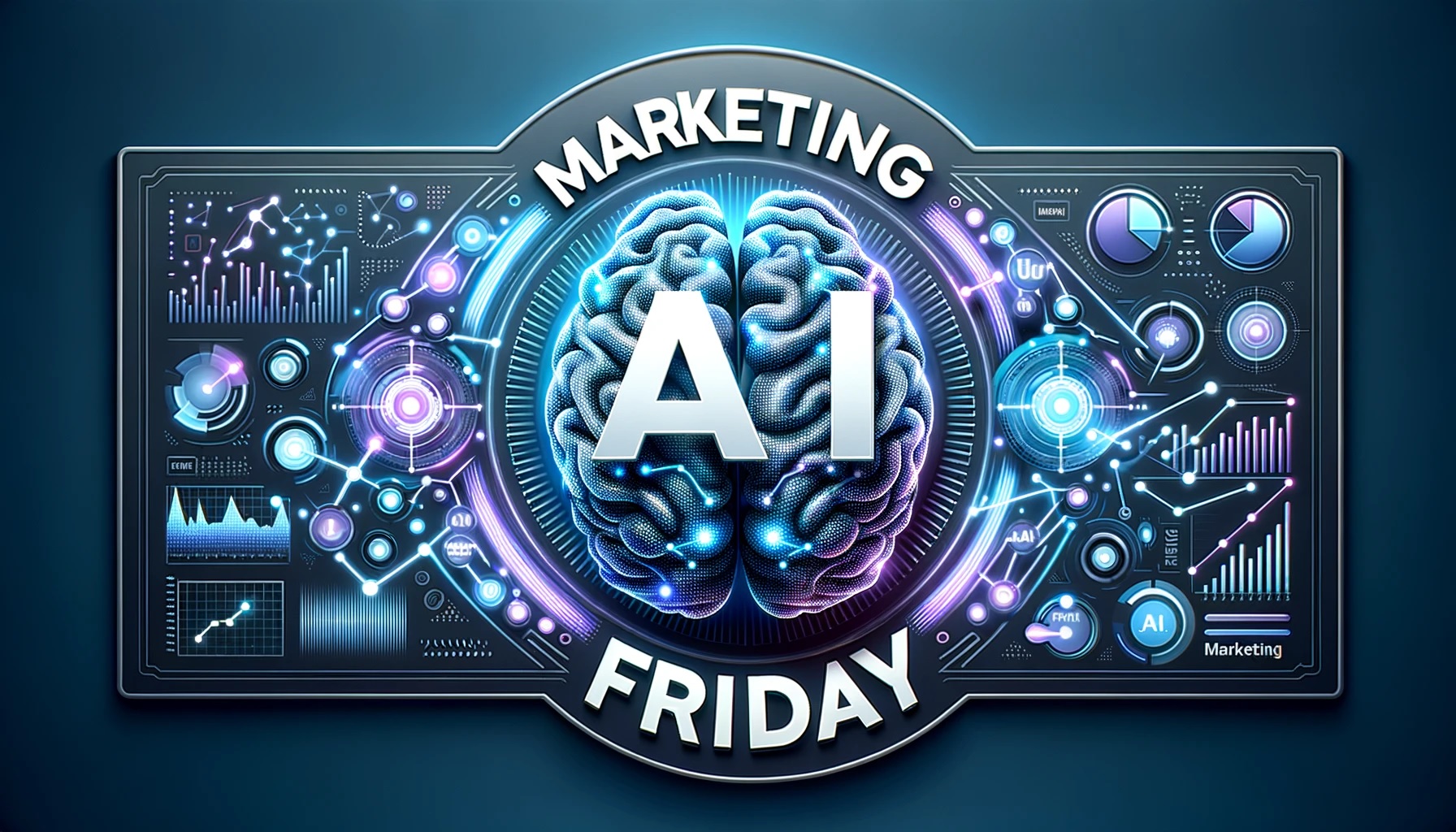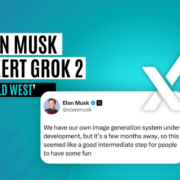The AI landscape: A comprehensive overview of leading individuals and companies
Artificial intelligence (AI) has grown from a niche field of research to a technology that dramatically affects our daily lives. From chatbots and voice assistants on our smartphones to advanced algorithms that make medical diagnoses, AI is all around us. To gain more insight into the AI landscape, we'd like to take you through an overview of the leading companies, influencers and the interrelationships that connect the key players.

Leading companies in AI
The Tech Giants
- Google/Alphabet
Led by CEO Sundar Pichai, Google has positioned itself as one of the leading players in AI. Their acquisition of DeepMind in 2014 for $500 million marked a turning point in the industry. Google's latest AI model, Gemini, is designed to compete with GPT-4 and offers multimodal capabilities. In addition, Google Brain, led by Jeff Dean, remains at the forefront of AI research. - Microsoft
CEO Satya Nadella has made AI a core part of Microsoft's strategy. The company has a strategic partnership with OpenAI, in which they have invested $10 billion. This partnership has led to the integration of advanced AI into products such as Bing Chat and the AI copilot in Microsoft 365. - Meta (Facebook)
Under Mark Zuckerberg's leadership, Meta is betting heavily on AI research. Yann LeCun, one of the "godfathers of AI," leads Meta's AI Research lab (FAIR) as Chief AI Scientist. Their open-source language model LLaMA has attracted considerable attention in the AI community. - Apple
Tim Cook is steering Apple in a direction where privacy is central to their AI development. Apple's AI is especially visible in products such as Siri and the enhanced photography capabilities of iPhones. In 2020, Apple acquired Xnor.ai for about $200 million, underscoring their commitment to edge AI computing. - Amazon
Under Andy Jassy, Amazon is integrating AI into many aspects of their e-commerce and cloud services. Alexa, their AI assistant, is a central part of their strategy in the smart home market. Amazon Web Services (AWS) also offers a wide range of AI tools and services. - NVIDIA
Jensen Huang has transformed NVIDIA into an indispensable player in the AI industry. Their advanced GPUs are essential for AI training and inference. NVIDIA's hardware and software, such as CUDA and TensorRT, are used by virtually all major AI research labs and tech companies.
Specialized AI companies
- OpenAI
Founded by Sam Altman and others (originally including Elon Musk), OpenAI has attracted attention with their GPT series of language models. ChatGPT, based on these models, has gained worldwide acclaim and shows how accessible and powerful modern AI can be. - Anthropic
Founded by Dario Amodei and others who previously worked at OpenAI, Anthropic focuses on developing safe and ethical AI. Their AI assistant Claude is known for his ability to provide nuanced and safe answers, even in complex situations. - DeepMind
As part of Google, but with considerable autonomy, DeepMind led by Demis Hassabis has made groundbreaking achievements. Their AI has defeated world champions in Go (AlphaGo) and made important scientific breakthroughs, such as in protein folding with AlphaFold. - xAI
Recently founded by Elon Musk, xAI focuses on developing AI that can understand the "true nature of the universe. Their first product, Grok, is an AI model distinguished by its ability to process recent information and display a unique personality.
Key figures in AI
Pioneers and academics
- Geoffrey Hinton
Often called the "godfather of deep learning," Hinton is affiliated with the University of Toronto and until recently was a consultant at Google. His work on neural networks has laid the foundation for many modern AI applications. - Yann LeCun
As Chief AI Scientist at Meta and professor at NYU, LeCun has pioneered work in the field of computer vision. His close collaboration with Hinton and Bengio has led to fundamental breakthroughs in deep learning. - Yoshua Bengio
Director of the Mila Institute in Montreal, Bengio has contributed significantly to the advancement of deep learning and natural language processing. Along with Hinton and LeCun, he received the Turing Award in 2018. - Jürgen Schmidhuber
Working at the Swiss AI Lab IDSIA, Schmidhuber is often considered the "father of modern AI" because of his work on long short-term memory (LSTM) networks. - Stuart Russell
Professor at UC Berkeley and author of the standard work "Artificial Intelligence: A Modern Approach," Russell recently focused on ensuring the security of AI systems.
Leaders in the Tech Industry
- Demis Hassabis
As CEO of DeepMind, Hassabis has led projects that have pushed the boundaries of AI, such as AlphaGo and AlphaFold. - Sam Altman
Co-founder and CEO of OpenAI, Altman has led OpenAI in the development of influential models such as GPT-4 and GPT4o. - Dario Amodei
Co-founder of Anthropic and former researcher at OpenAI and Google Brain, Amodei focuses on developing secure and ethical AI. - Elon Musk
In addition to his roles at Tesla and SpaceX, Musk recently founded xAI, showing his continued interest in AI development. Musk was also one of the co-founders of OpenAI, but quit there in 2018 out of disagreement. - Fei-Fei Li
Professor at Stanford and co-founder of AI4ALL, Li has pioneered work in computer vision and is committed to diversity in AI.
Ethics and Policy in AI
- Timnit Gebru
Founder of the Distributed AI Research Institute (DAIR) and former ethics researcher at Google, Gebru focuses on AI ethics and addressing bias in AI systems. - Nick Bostrom
As director of the Future of Humanity Institute at Oxford University, Bostrom's book "Superintelligence" has sparked debate about the long-term implications of AI.
Below is an overview of how the core individuals and companies are referred to each other.

Academic institutions and research centers
Universities and research institutes continue to play a crucial role in AI research. The University of Toronto, Stanford University, the Mila Institute in Montreal, UC Berkeley, and the Swiss AI Lab IDSIA are just a few of the institutions at the forefront of AI innovation. These academic centers are often the bridge between basic research and practical applications, and work closely with industry.
Ethics, safety and policy
With rapid advances in AI, attention to ethical implications and security issues is also growing. Experts such as Geoffrey Hinton, Stuart Russell, Nick Bostrom, and Timnit Gebru are contributing to crucial discussions about AI safety, long-term risks, and the need for diversity in AI development. These discussions increasingly influence policymaking and regulation at the national and international levels.
Understanding the world of AI is indispensable
As you can see, the AI landscape is a complex ecosystem of a limited number of companies corporations, researchers, and institutions that are closely interconnected. Rapid progress in the field is driven by billions of dollars in investment, cutting-edge research, and the increasing integration of AI into our daily lives. As tech giants and specialized AI companies push the boundaries of what is possible, academic institutions continue to conduct basic research and address ethical issues.
The future of AI will be determined by the interplay of several forces. On one side you have the drive for innovation and progress. On the other side are important questions about what is ethical and what society needs. It's like walking on a tightrope: you have to constantly find the right balance between these different interests. And that proves very difficult with the "move fast and break things" mentality of many leading players, who are also engaged in fierce competition among themselves. As AI plays an increasing role in our daily lives, it becomes increasingly important to understand this complex playing field. Whether you work in the technology sector, are involved in policy or marketing, or are simply curious about what our digital future will look like, understanding the world of AI has become indispensable.
With this overview, we aim to give you as complete an understanding of the AI landscape as possible, without pretending to be comprehensive. Given the rapid developments in AI, this overview will be regularly updated and supplemented with the latest information.
Take a leap forward in your marketing AI transformation every week
Every Friday, we bring you the latest insights, news and real-world examples on the impact of AI in the marketing world. Whether you want to improve your marketing efficiency, increase customer engagement, sharpen your marketing strategy or digitally transform your business,'Marketing AI Friday' is your weekly guide.
Sign up for Marketing AI Friday for free.









